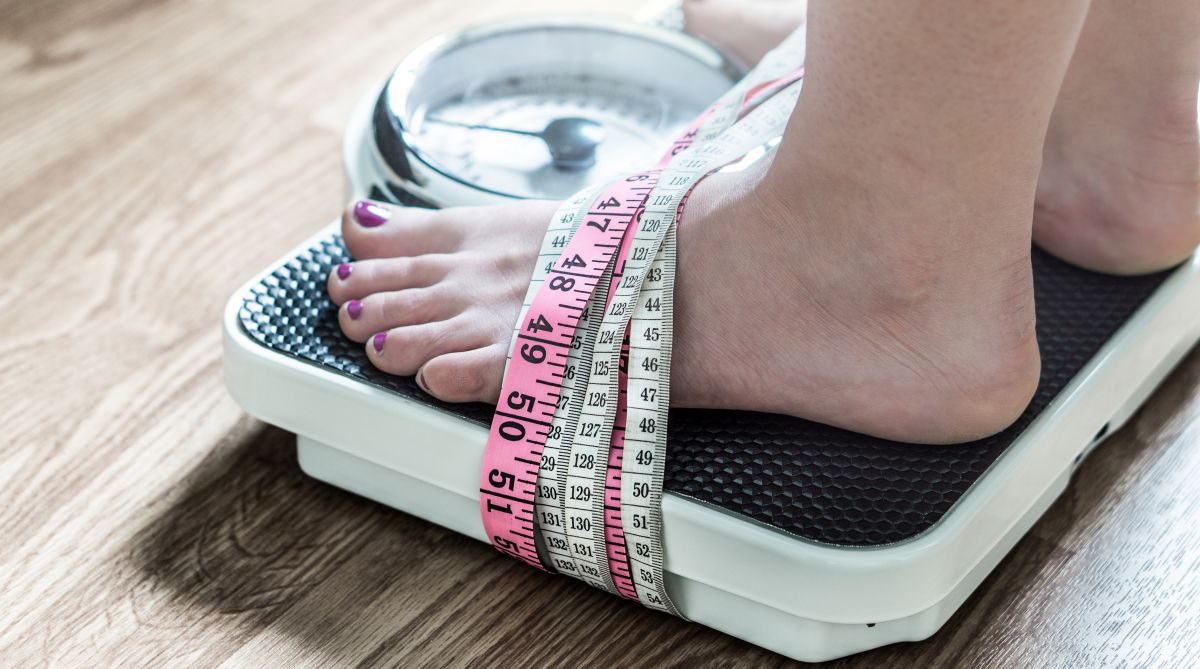
While being lightweight can be beneficial, being underweight can be dangerous if it is caused by a poor diet, or if you are pregnant or have other medical issues. So, if you’re underweight, make an appointment with your doctor or a dietitian. You should work out a strategy to reach the weight-loss target. To achieve the target, you need some opinions. So, head over to BritainReviews and read muscle building diet plan fitness stores reviews.
Furthermore, even though they are not physically underweight, many individuals want to bulk up. The basic principles apply whether you’re clinically underweight or actually trying to add muscle mass. This article describes a straightforward method for gaining weight effectively and in a balanced manner.
There are many useful resources available to assist you.
1. Eat more calories than your body burns
Creating a caloric expenditure, or eating more calories than your body requires, is the most interesting bit you can do to put on weight. This calorie calculator will help you figure out how many calories you require. Remember that calorie calculators are just guesses. Your daily calorie requirements can differ by several hundred calories, give or take.
2. Choose Nutrient-rich foods
Choose whole-grain pieces of bread, pasta dishes, and yogurts, veggies, processed foods, lean essential nutrients, and healthy fats as part of a balanced diet. Protein is the absolute most essential nutrient for achieving a healthy body weight. Protein is the building block of muscle, and without it, the majority of those extra calories can probably wind up as fat mass.
3. Eat energy-dense foods
Again, eating minimally processed, single-ingredient foods is necessary. The issue is that these products are more satisfying than refined fast foods, making it more difficult to eat enough calories. Often, make an attempt to consume as many energy-dense foods as possible. These are ingredients that have a high-calorie content in comparison to their volume.
4. Use sauces, spices, and condiments
Spices bring efficiency to foods while also supplying phytochemicals and metabolites. Spices are usually eaten to improve the quality of food and to gain weight. The spicier the food and the more often spicy food was eaten, the stronger the obesity rate.
5. Try smoothies and shakes
Don’t overindulge in diet soda, coffee, or other low-calorie, low-nutrient beverages. Instead, make smoothies or nutritious shakes with milk and fresh or dried fruits, and add powdered flaxseed to the mix. A liquid meal substitute may be prescribed in some scenarios.
6. Drink more milk
As a measure, milk can be an excellent alternative for those looking to gain muscle strength and fat. Milk is a high-calorie, high-protein food. Imbibing it after a workout has been shown in studies to help you raise muscular strength and maintain a healthy weight.
Especially, Exercise;
Resistance training, in particular, will help you achieve weight by strengthening your body. Exercising will also make you eat better.
The key to gaining fat is to consume more calories than you lose from exercise on a regular basis. Going to the gym is also necessary so that the extra calories from high-calorie foods and snacks could be used to create muscles rather than fat.